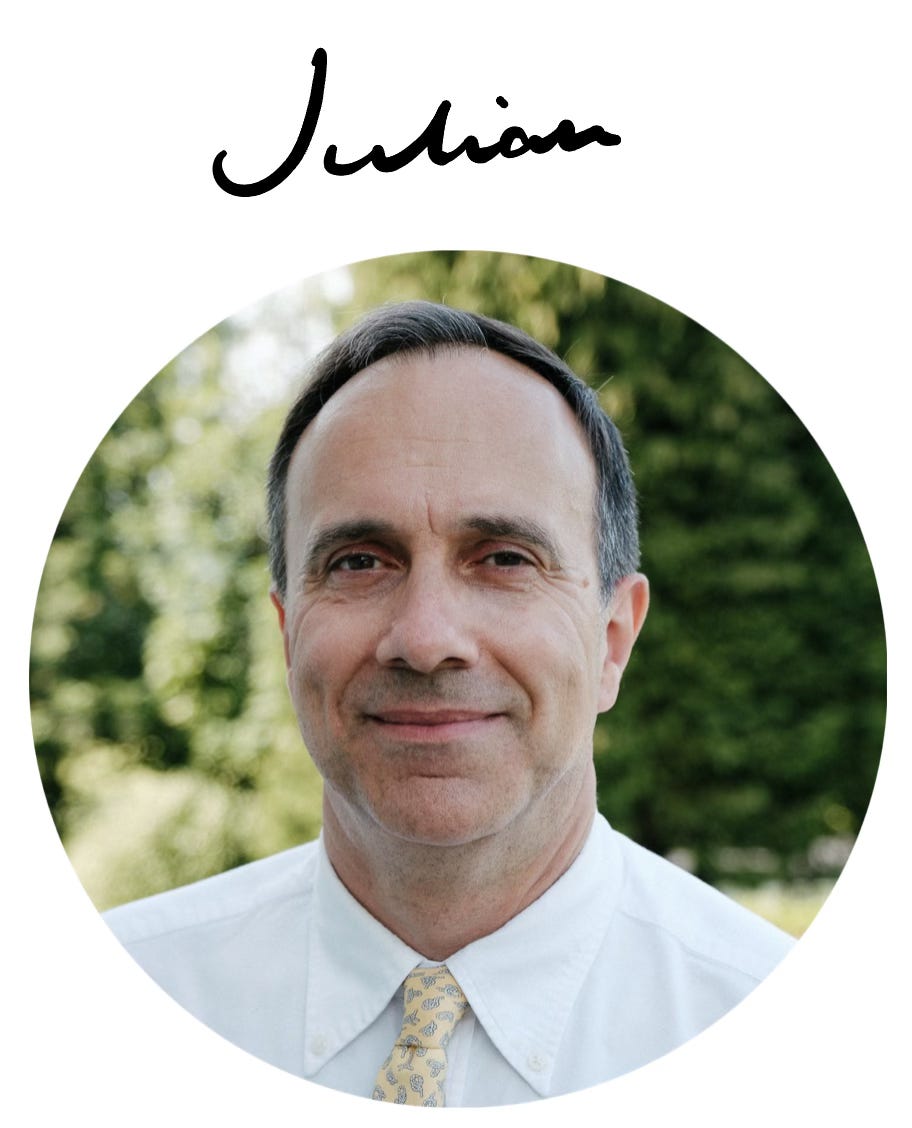178: Just another tapestry
Richard Flanagan, King Lear, Brian Klaas, Claire Keegan and Oprah Winfrey, Maud Gonne, and Philip Larkin's Christmas.
The penultimate Fortnightly this year: it will sneak back a week early next Saturday with my annual Books of the Year edition, to give you time to shop before Christmas.
And here’s a chance to treat yourself for Christmas with a year’s discount supporting The Fortnightly and receiving The Occasional (with full access to archives):
Keep reading with a 7-day free trial
Subscribe to The Fortnightly from Julian Girdham to keep reading this post and get 7 days of free access to the full post archives.




